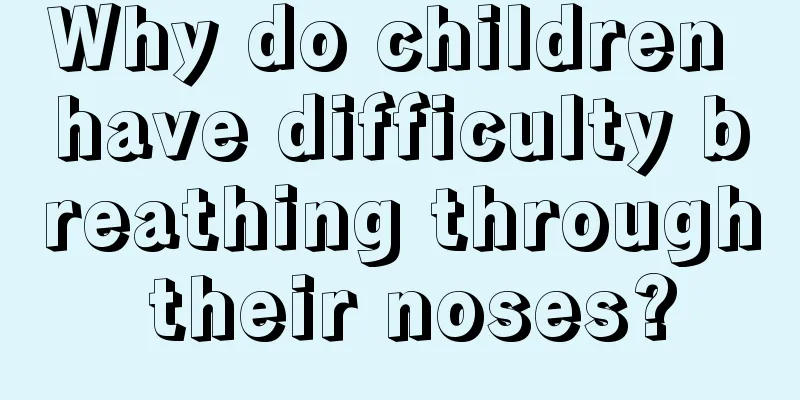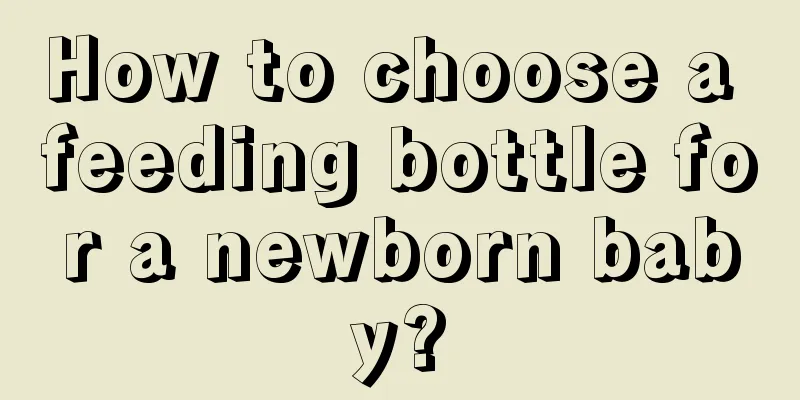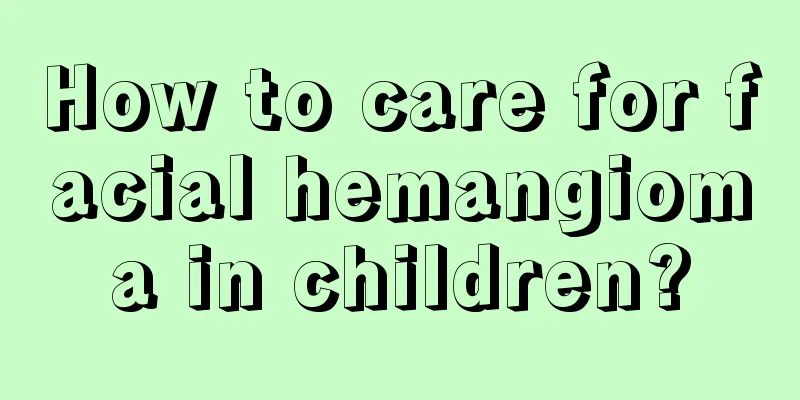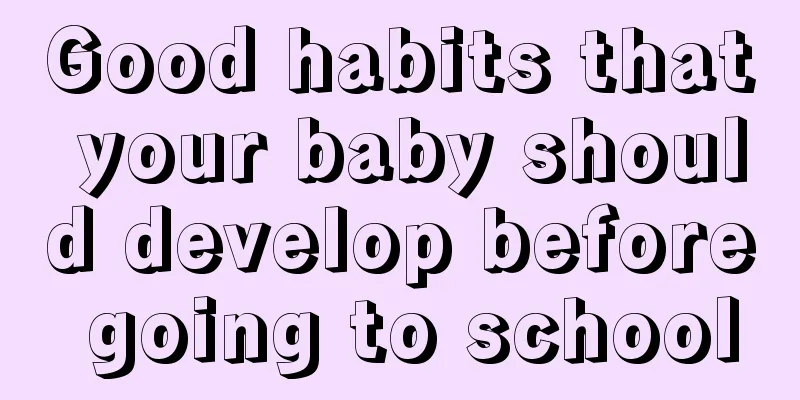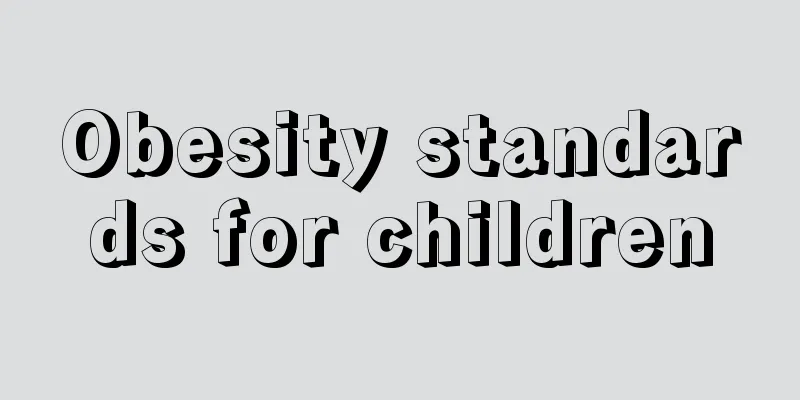How to treat mumps in children? Treatment of mumps in children
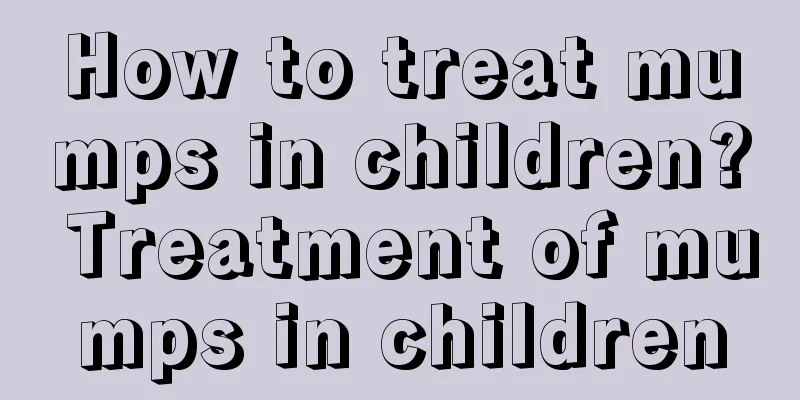
|
Mumps is a common and frequently occurring disease in pediatrics, commonly known as "mumps". It is an acute systemic paroxysmal disease that is contagious. The main clinical feature is swollen and painful parotid glands, and other nervous systems may also be affected. Mumps in children includes epidemic mumps, viral mumps, bacterial mumps, etc. In severe cases, it can induce meningitis, so timely treatment is required during the acute stage of mumps. How is mumps treated? In addition to going to the hospital for treatment, children with mumps can also try single-remedy treatment. In addition, children's eating utensils should be kept separate and boiled and disinfected regularly. The sick child's clothes, bedding and other items can be taken outdoors to dry in the sun during the illness. Washbasins, towels, handkerchiefs and other items need to be boiled in boiling water 1-2 times a day. Mumps unilateral treatment: 1. 3-5g of Indigo, a piece of Zijin Tablet (ground into powder), add vinegar to make a thin paste and apply to the affected area. Apply again after it dries, about 6-8 times a day, until the pain is relieved, about 4-5 days. 2. Apply indigo or young willow leaf paste to the affected area 1-2 times a day until the swelling subsides. 3. Grind 10ml of vinegar into black juice with scented ink in an inkstone, and apply it to the swollen area with a brush, 3-4 times a day for 2-5 days. 4. Wash and mash 50g each of fresh Radix Trichosanthis and Herba Plantaine, add a little salt and apply to the affected area, 1-2 times a day for 2-5 days. 5. Remove the hairs and thorns on the surface of fresh cactus, wash and mash it and apply it twice a day for 4-6 days. At home, parents should also provide good treatment and care so that their children can recover faster. The following are some of the methods of home treatment and care: 1. Isolation: Once a child is found to have mumps, the first thing to do is to separate him from healthy people and ventilate the room regularly to keep the air flowing. Do not go to kindergarten or school during the onset of the disease until the swelling of the parotid gland subsides to avoid infecting other children. Sick children should rest in bed and avoid overwork. 2. Diet: Be careful not to feed your child irritating food. Give the sick child liquid and semi-liquid food that is easy to chew and digest to reduce the child's swallowing difficulties. Drink more water to help excrete toxins from the body. 3. Disinfection: After a child has mumps, all of his or her eating utensils should be separated from those of other people and boiled and disinfected regularly. The sick child's clothes, bedding and other items can be taken outdoors to dry in the sun during the illness. Washbasins, towels, handkerchiefs and other items need to be scalded with boiling water 1-2 times a day. 4. Lower body temperature: Measure your child’s temperature regularly and take cooling measures if necessary. Encourage sick children to drink plenty of water to help sweat evaporate and dissipate heat. When the fever is high, you can use cold compresses on the head, warm water or alcohol baths to physically cool down, or take appropriate amounts of antipyretics. In the early stages of fever, ribavirin, interferon or isatis root can be given for antiviral treatment. 5. Relieve pain: In the early stage of cheek swelling, you can use a cold towel to apply local cold compress to cause local blood vessels to contract, thereby reducing the degree of inflammation and congestion and achieving the purpose of relieving pain. You can also mix Ruyi Jinhuang Powder with tea or vinegar and apply it to the affected area to keep the local medicine moist to exert its efficacy and prevent pain caused by dryness and cracking. If a boy has testicular pain, he can use a bandage to support the scrotum to relieve the pain. 6. Maintain your child’s oral hygiene: Ask your child to rinse his or her mouth with warm salt water frequently. 7. Local hot compress: Use a hot water bottle wrapped in a towel to apply hot compress to the affected area of the child to relieve the pain of the affected area. 8. Observation of the disease: Meningitis usually occurs about 1 week after the parotid gland swelling. The patient will have persistent high fever, severe headache, vomiting, neck stiffness, drowsiness, irritability or convulsions. The patient should be closely observed and sent to the hospital immediately if discovered. |
<<: Is 37 degrees Celsius considered a fever for a baby?
>>: Parents should pay attention to the symptoms of asthma in children
Recommend
How long does it take to treat neonatal pneumonia?
Some diseases in life are more likely to occur in...
One-month-old baby farts but doesn't poop
It is quite common for newborn babies who have ju...
What to do if children have a cold or fever
Mothers are more worried when their children have...
What to eat to improve children's memory
People's memory tends to decline over time. T...
Newborn baby trembling chin
When it comes to trembling chin, our first reacti...
What is the height and weight of a 29-month-old baby?
Nowadays, most families have only one child, so p...
How to deal with baby’s face scratched by nails?
If you have a baby at home, he or she definitely ...
How to protect children's teeth with white spots
We need to eat a little when we eat, and we also ...
There is a lump on the child's neck
If a child has a lump on his neck, the most likel...
What should infants and young children eat to be nutritious?
Infants and young children refer to children unde...
What to do if you have oral hemangioma in a newborn
I believe that many people with children know wha...
What is the reason for the small pimples on the buttocks?
There are actually many reasons for the appearanc...
What to do if your child keeps vomiting at night
If the child's stomach is not good, vomiting ...
What is the treatment for aspiration pneumonia in children?
Children are very likely to get pneumonia if they...
What should I do if my baby falls and gets a bump on the back of his head?
Babies are quite active, so they can easily fall ...
